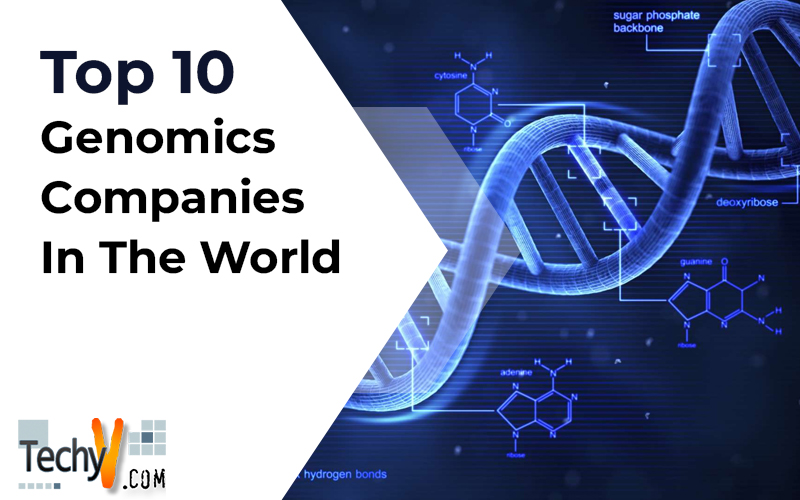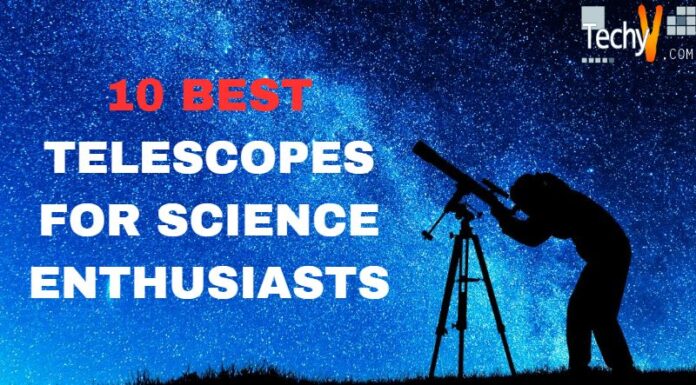Genomics studies gene functioning. With improved cost, accuracy, and time to map a person’s genome, numerous genomics companies are rising quickly. Cathie Wood of ARK Investment Management calls these achievements a “Genomic Revolution.” Positive developments from numerous genomic firms were offset by the S&P Biotechnology Select Industry Index falling 44% before recovering.
Top 10 genomics companies are:
10. NeoGenomics Inc. (U.S.)
NeoGenomics was formed in 2001 in Fort Myers, Florida, U.S. It offers pathologists, hospitals, oncologists, researchers, and other physicians diagnostics and pharma services. The company offers molecular and genetic testing at eight U.S. sites, including Fort Myers, Florida; West Sacramento, California, Aliso Viejo, California; Irvine, California; and Houston, Texas. The corporation also maintains labs in Fresno, Nashville, and Tampa.
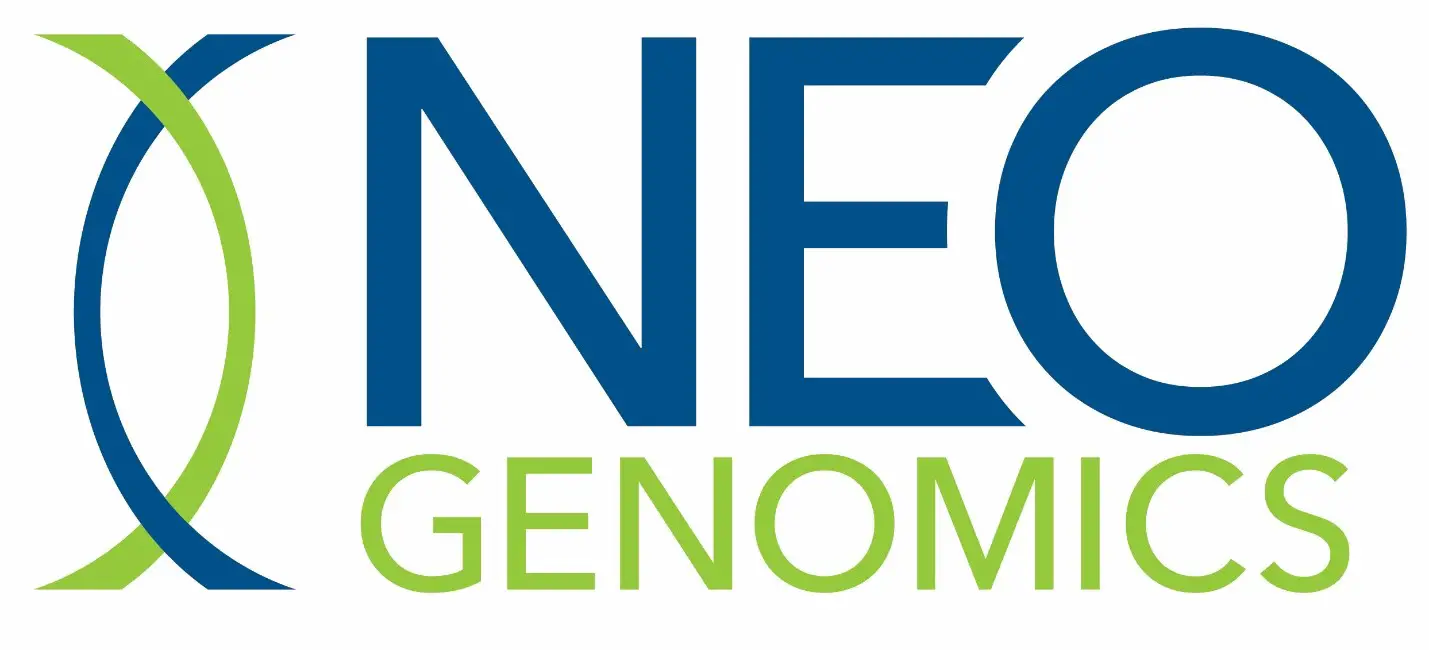
9. Gene Security Network LLC, (U.S.) (Now Natera, Inc)
NateraGene Security Network, LLC was created in 2003, incorporated in 2007, and renamed Natera, Inc. in 2012. It is headquartered in San Carlos, California; Natera, Inc. provides molecular and bioinformatics technology for genetic disease management and offers NIPT, carrier, pre-implantation genetic screening/diagnosis, and conception test products. The company offers goods through its direct sales staff and 70 laboratory and distribution partners in the U.S. and Americas.
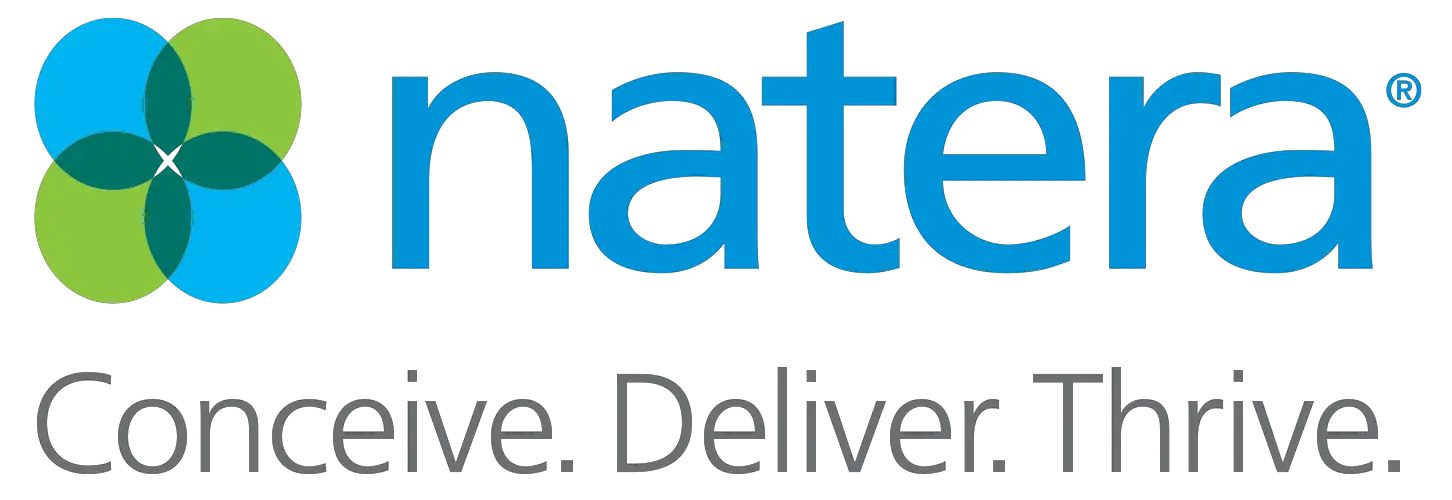
8. Genomic Health, Inc, (U.S.)
Genomic Health, Inc. was created in 2000 and is headquartered in Redwood City, California, U.S. The company develops and markets genomics-based clinical laboratory services that study cancer’s underlying biology to help doctors and patients make tailored treatment decisions. Direct sales and distributors provide the company with a U.S. and international presence.
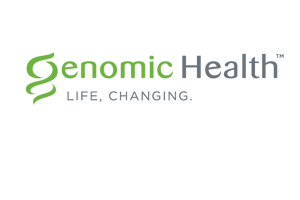
7. CRISPR Therapeutics
CRISPR Therapeutics and Vertex Pharmaceuticals (NASDAQ: VRTX) are developing exa-cel (CTX001) to treat sickle cell disease and beta-thalassemia. Exa-cel regulatory approvals in Europe are expected by 2022. They’re also talking to the FDA about submitting the gene-editing medicine for support.
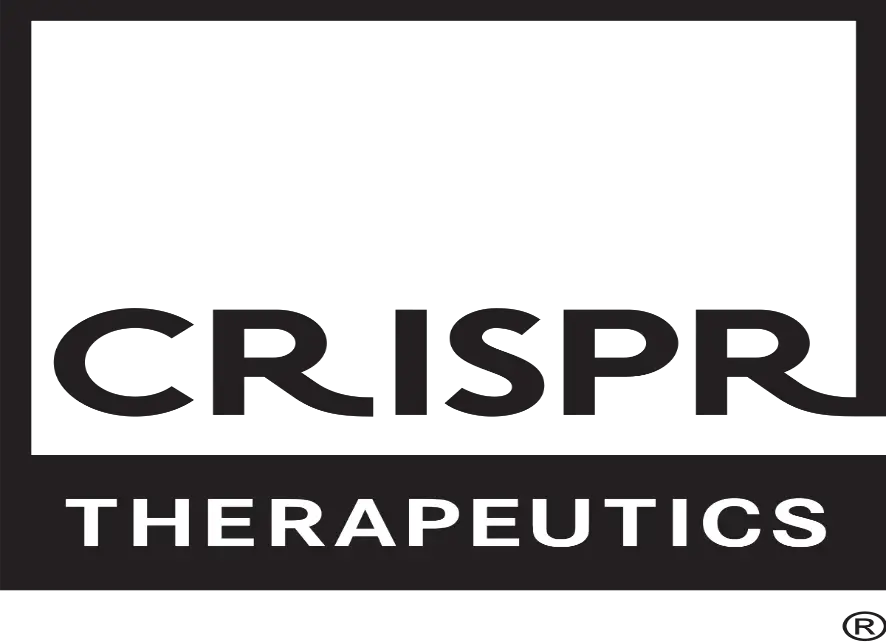
6. Intellia Therapeutics
Intellia and Regeneron Pharmaceuticals (NASDAQ: REGN) made headlines in 2021 with clinical results indicating NTLA-2001 in vivo (in the body) CRISPR-Cas9 gene editing was safe and effective. The firm stated in August 2022 that it is discontinuing NTLA-5001. However, the decision wasn’t based on safety or effectiveness. Instead, Intellia is focusing its ex vivo development efforts on allogeneic cell treatments derived from healthy donors.
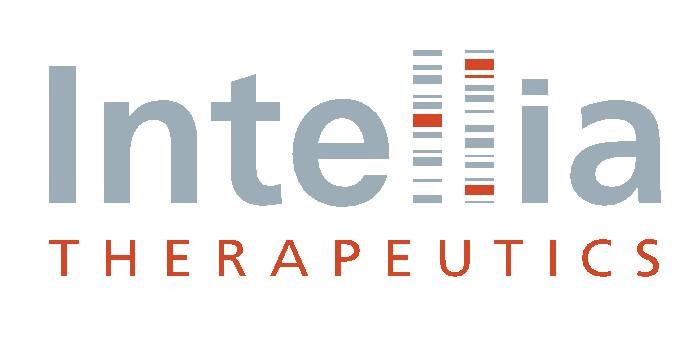
5. Fulgent Genetics
Fulgent Genetics’ earnings exploded in 2020 from COVID-19 testing. In 2021, the company funded return testing for schools and the government. COVID-19 testing revenue has fallen. Fulgent’s main genetic testing business, excluding COVID-19 testing, is again its emphasis. Cancer screenings, neonatal genetic tests, and carrier screening are offered. In addition, Fulgent bought national pathology lab Inform Diagnostics in April 2022.
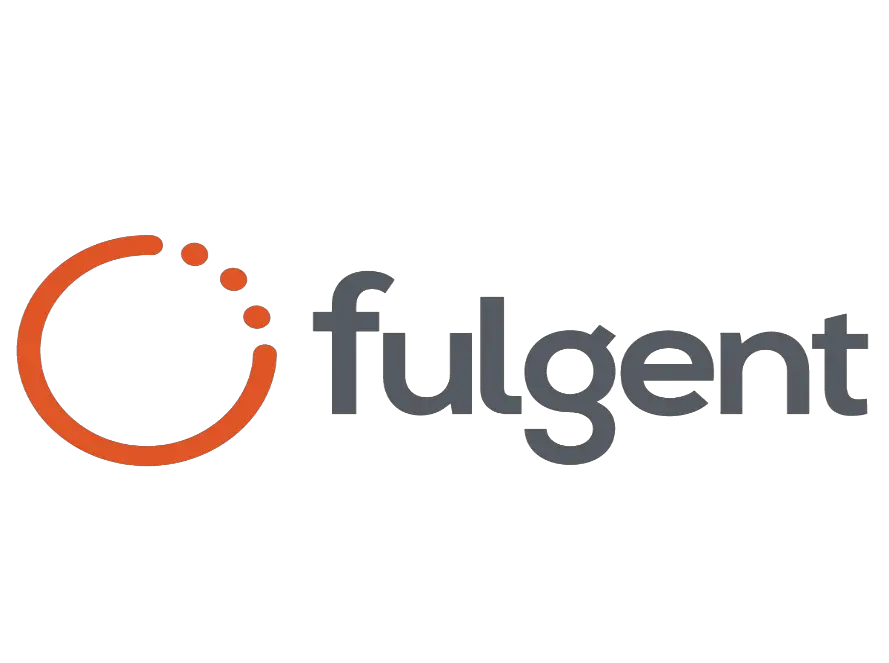
4. Invitae
Invitae is constructing a platform to screen for several thousand genetic variations for less than $250. Invitae dropped non-core companies and overseas markets in 2022. Prioritizing higher-margin initiatives and accelerating positive cash flow prompted the changes.
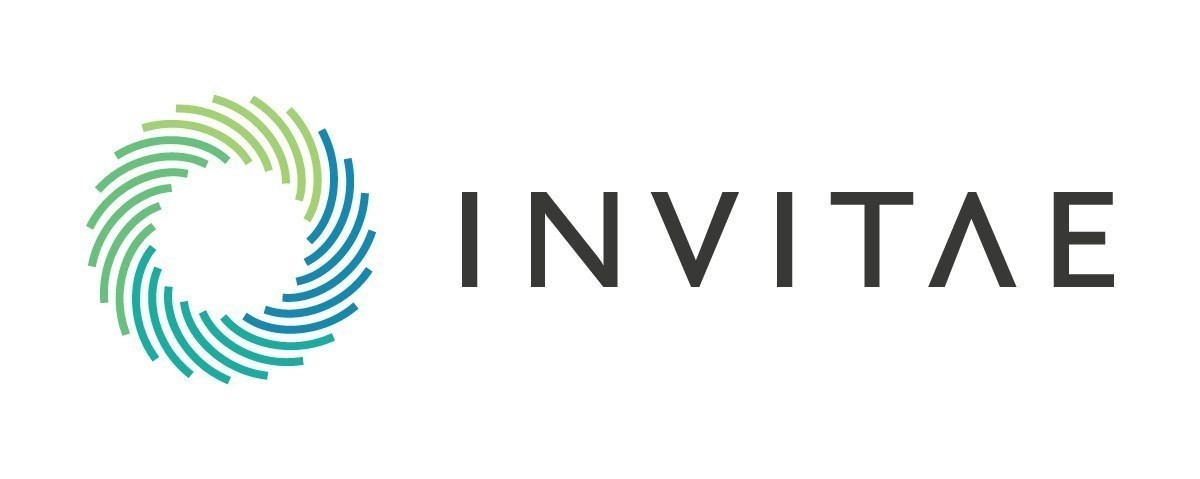
3. Exact Sciences
Exact Sciences created Cologuard as an alternative to colonoscopies, and in 2019, the business also purchased Genomic Health, adding Oncotype DX cancer tests. Cologuard has an $18 billion market opportunity and $1 billion in 2021 sales. Exact Sciences is also developing multi-cancer screening and recurrence monitoring products.
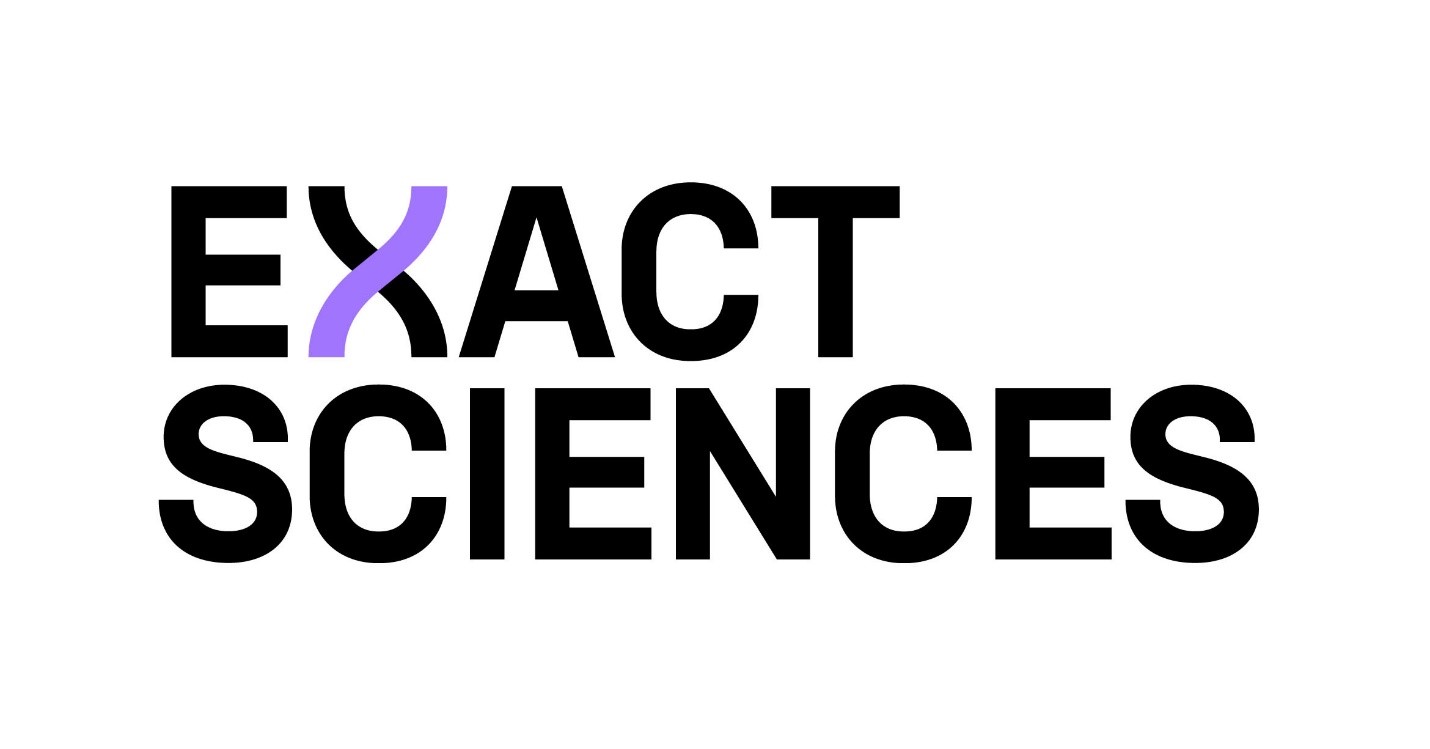
2. Pacific Biosciences Of California
PacBio pioneered long-read sequencing, which maps the whole genome using longer DNA segments. PacBio’s HiFi whole-genome sequencing technique helped scientists fill in the remaining 8% of the genome missed in 2003. PacBio agreed to buy Omniome for their SBB chemistry in 2021. SBB is an alternative to short-read sequencing for repetitive, hard-to-read genomic segments. PacBio’s HiFi sequencing and SBB chemistry could offer short- and long-read sequencing benefits.
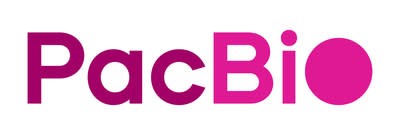
1. Illumina
Illumina’s short-read sequencing technology divides DNA into tiny segments for genetic research, diagnosis, and medical treatment. Illumina has 80% of the global market with 20,000 installed sequencing devices. Whole-genome sequencing, cancer diagnostics, and recurrence monitoring are driving growth in clinical sequencing. Illumina stunned the industry by acquiring Grail despite regulator scrutiny. Illumina CEO Francis deSouza said the business has considered spinning out Grail if authorities require it.




